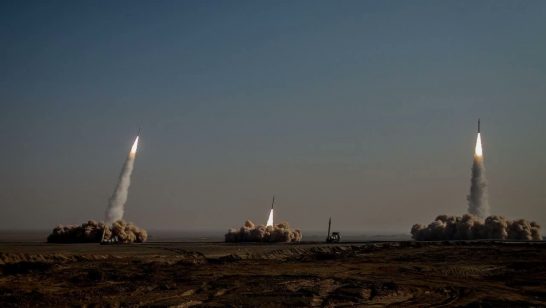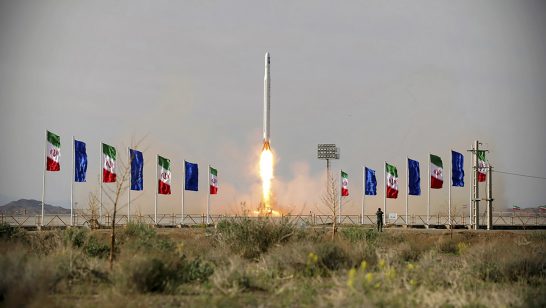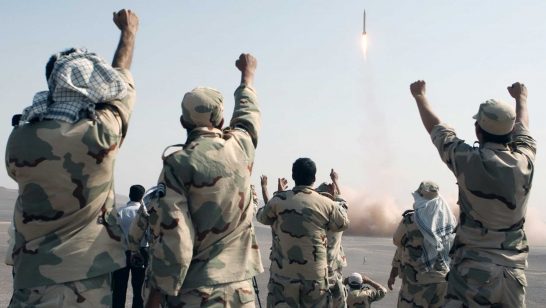The Iran Project (IP) and the European Leadership Network (ELN) have released the findings of a major three-year study of missiles in the Middle East. Examining the rapidly changing role of these weapons systems in the region, the project has involved intensive research and convening since 2017. The various changes in regional security and diplomacy since then have only confirmed that a multilateral approach would best cultivate and sustain progress in reducing the risks attributed to the growing proliferation and development of these weapons.
We have convened some of the world’s top nuclear, missile, and regional experts and former government officials across the Euro-Atlantic community and come to a clear conclusion: there is no quick fix to the ballistic missile problem and fresh ideas must be carefully and positively considered. Ambassador Thomas R. Pickering (Chair of The Iran Project) and Sir Adam Thomson (Director of the European Leadership Network)
While the paper does not prescribe specific formulas for limiting missiles or mechanisms for achieving agreement, it aims to inform and stimulate a multilateral approach, involving a broad regional dialogue based on careful analysis of the role missiles play in regional deterrence strategies and the threats they pose to stability. The report aims to contribute to discussions about incentives that could lead to confidence-building measures and agreements on limiting the testing, development, deployment and use of ballistic missiles and related weapons systems. The report argues that multiple components will need to be explored, including the possible role of external powers, the feasibility of range limitations or other types of restrictions on missiles and how they would be verified, and the geographic scope of any future bilateral or multilateral agreements.
In the months ahead, the joint IP-ELN team will identify individuals, non-governmental organisations, and government officials to engage in discussions on these weapons systems, as well as explore possible risk reduction and confidence-building measures, and arms control initiatives. Our goal is to elicit reactions and further proposals from organisations and governments in the United States, Greater Europe, and especially the Middle East, where there is the most to learn about missiles and the political and technical feasibility of limiting them.
This is a high-quality report. It has the intellectual potential to make a significant difference to the West's approach to the concerns to which Iran's missile programme gives rise. It deserves to be seen by officials as a mine of information and a source of policy inspiration. Ambassador Peter Jenkins (Chair of British Pugwash and former UK Ambassador to the IAEA)
Please contact ELN Policy Fellow Sahil Shah ([email protected]) with questions, comments, or media requests.
The opinions articulated in this report do not necessarily reflect the position of the members of The Iran Project or European Leadership Network.
Image: European Leadership Network (2022)



